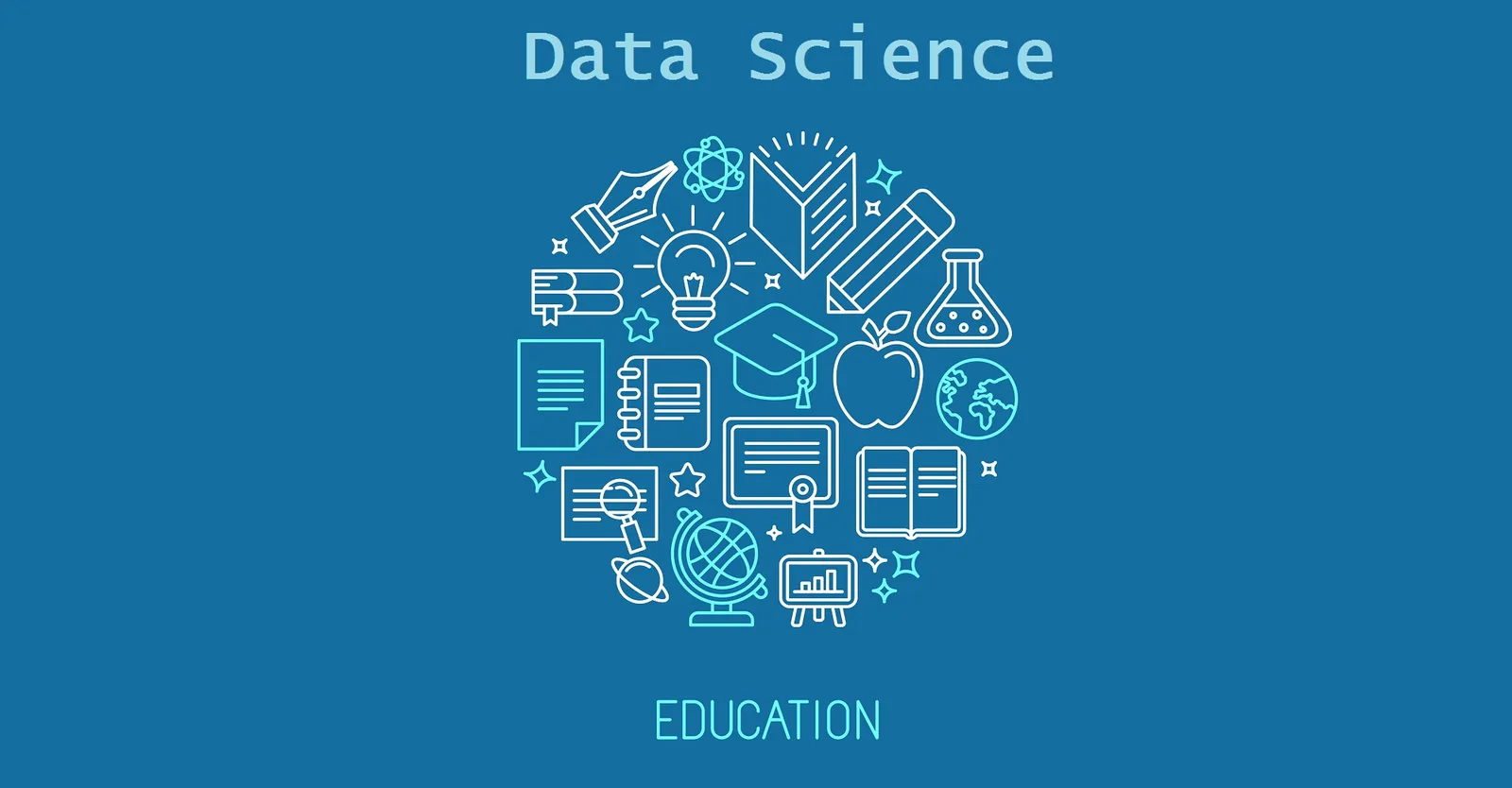Carl Jung did not develop a quantitative methodology for assessing personality type, which most likely would have made his theory more well-received in the scientific community. However, he considered words spoken by the analysand (i.e. client) as primary empirical data, aswell as paintings etc. Pre-internet the more or less only scientifically acceptable (and economically defendable) methodology to measure personality was self-reporting using rigorously constructed questionnaires. Today, the advances in digital media and data science promises an assessment methodology more faithful to Jung’s original point that the psyche is dynamic, noisy and changes over time.
Psychologist Carl Jung in his 1921 book Psychological Types proposed a theory of four cognitive functions. His own original idea was not the four cognitive functions, but how they are either directed outwards towards the external world of people and things or the inner world of thoughts, emotions and subjective experience.
An outward inclination he called extraversion and an inner he called introversion. Taken strictly, his original theory of personality types is based on the eight cognitive functions that are the product of combining the four core functions with their direction.
Today many more people know about his ideas through later developments such as the Myers-Briggs Type Indicator or a plethora of more or less valid and reliable online personality type questionnaires.
As both qualified professionals using such questionnaires and critics of such tests are well aware of, there are many problems with getting an accurate profile of an individual by relying on such self-reporting of psychological preferences. For an overview of best practices and pitfalls I suggest reading the more academic Essentials of Myers-Briggs Type Indicator Assessment by Dr. Naomi Quenck or the more accessible My True Type by Dr. A.J. Drenth.
The problem with self-reporting questionnaires
To sum it all up I’d just suggest to focus on the essential fact that Carl Jung’s main focus as a psychologist was to describe how the psyche is dynamic and that we develop those cognitive functions more and more over the course of our lives.
The point then, wasn’t or isn’t, to pigeon-hole people into a static category, but to analyse and possibly to facilitate the further development of cognitive functions that have “gotten stuck” in development in an individual and thus causing neurosis and suffering in life.
The role of the analyst isn’t really to “nudge” people to grow beyond their current psychological state and potential hang-ups, but to help the person being analysed (the analysand in Jungian speak) to become more aware of the unconscious, repressed parts of the psyche and be able to acknowledge them and also integrate them into their conscious awareness.
#data-science #liwc #machine-learning #jung #personality-types
